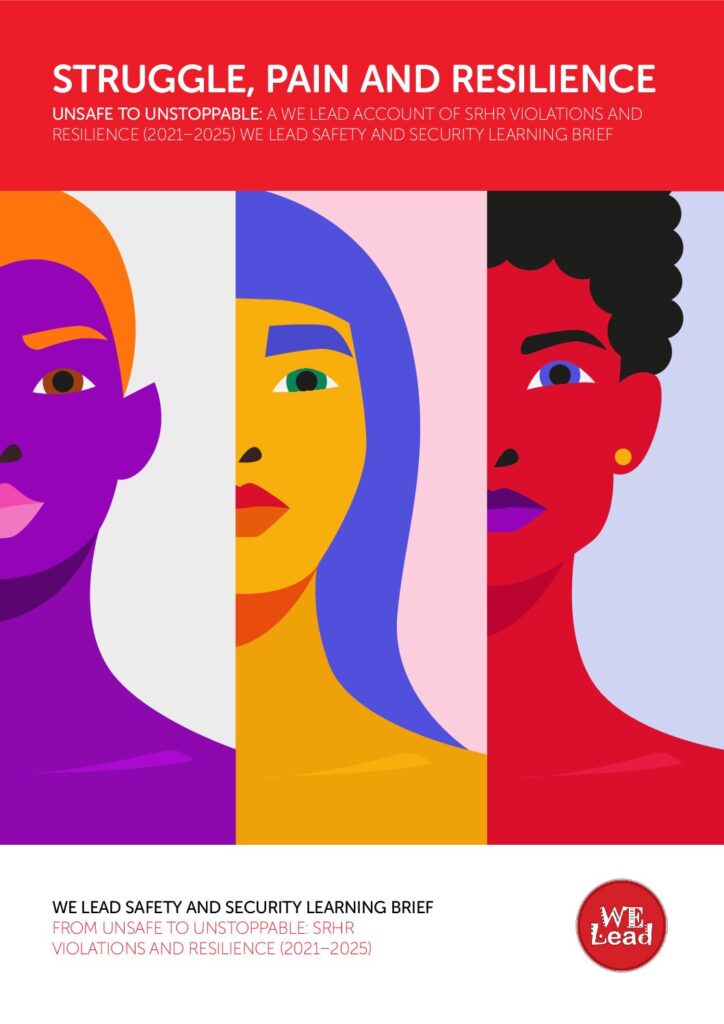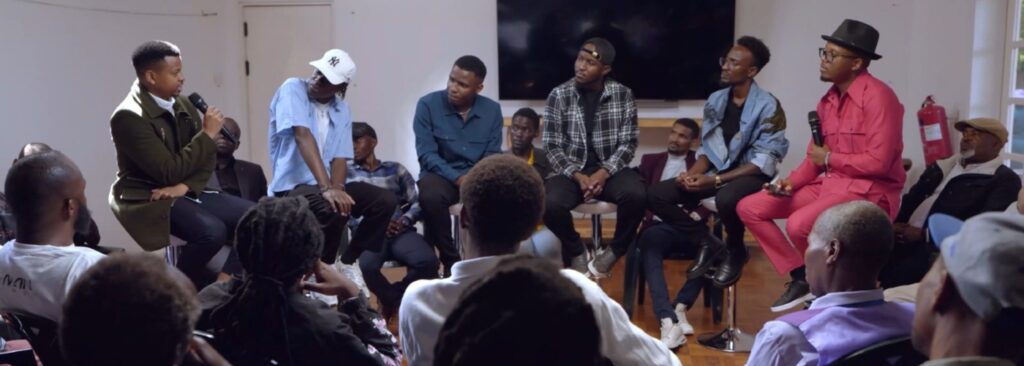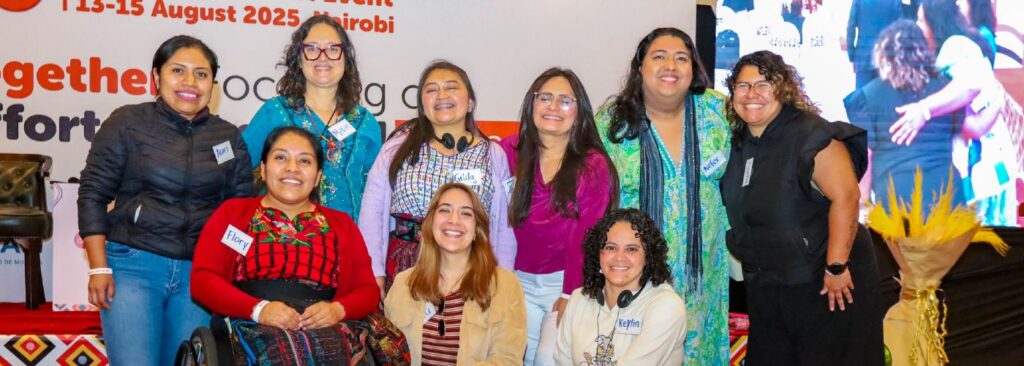We Lead’s comprehensive monitoring of SRHR violations across our focus countries reveals a troubling and consistent pattern: security and civic space for SRHR advocacy are rapidly shrinking. The data and documented cases underscore a deteriorating environment in Kenya, Uganda, Niger, Nigeria, Mozambique, Jordan, Lebanon, Honduras, and Guatemala, where SRHR defenders, rightsholders, and organizations face increasing threats, harassment, and systemic repression.
The experience from our We Lead program shows that safety and security can no longer be an afterthought. From strategic planning to peer support, and from trauma care to digital defense, every layer of this work has made advocacy safer, smarter, and more sustainable. In this We Lead Safety & Security Learning Brief, we share important lessons and recommendations
15 lessons
The data gathered have provided critical insights into the evolving nature of threats faced by SRHR advocates and the mechanisms needed to effectively respond. Across 9 countries, we learned powerful lessons that reshaped how safety, protection, and well-being are understood, practiced, and sustained.
“Safety is not a side issue, it’s a foundation for advocacy.”
18 recommendations
The learning brief also contains 18 recommendations to strengthen safety, security, and psychosocial resilience in current and future programs.
Safety & Security Manual
The We Lead team also produced a practical, rights-based and contextually relevant Safety and Security Training Manual. This resource is aimed at equipping young women and their allies with the knowledge, tools, and confidence to protect themselves and continue their critical work safely.





